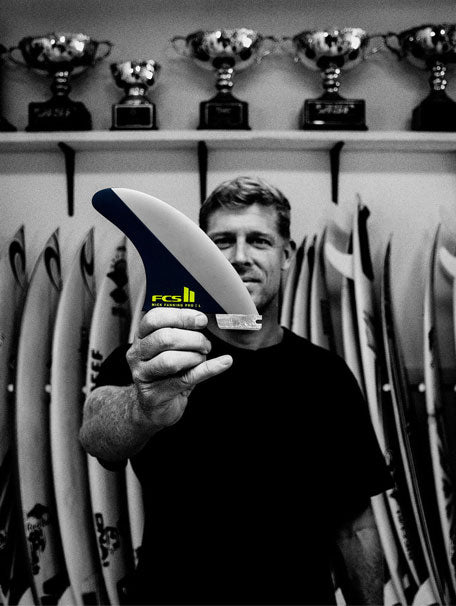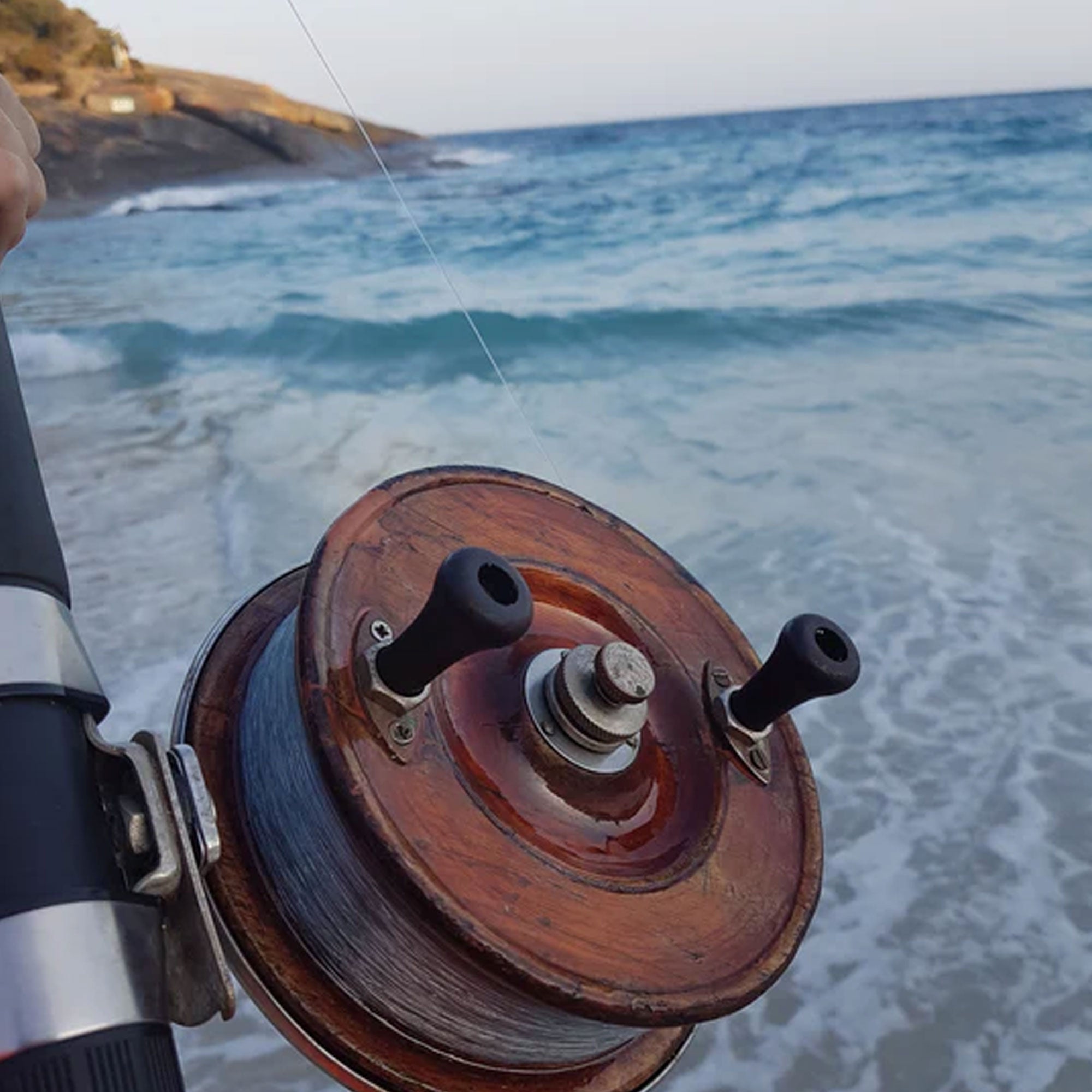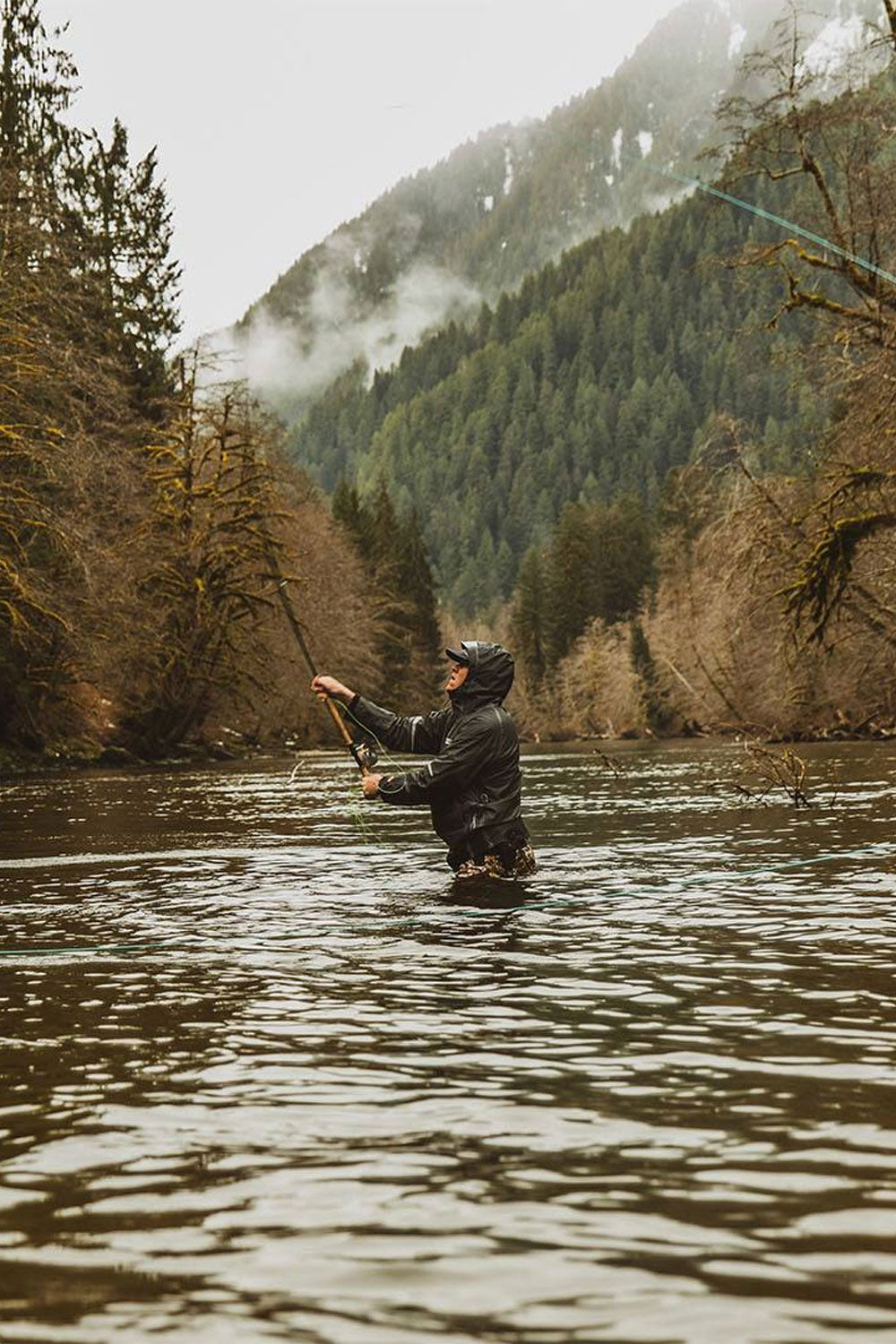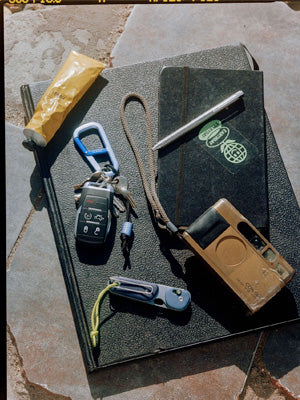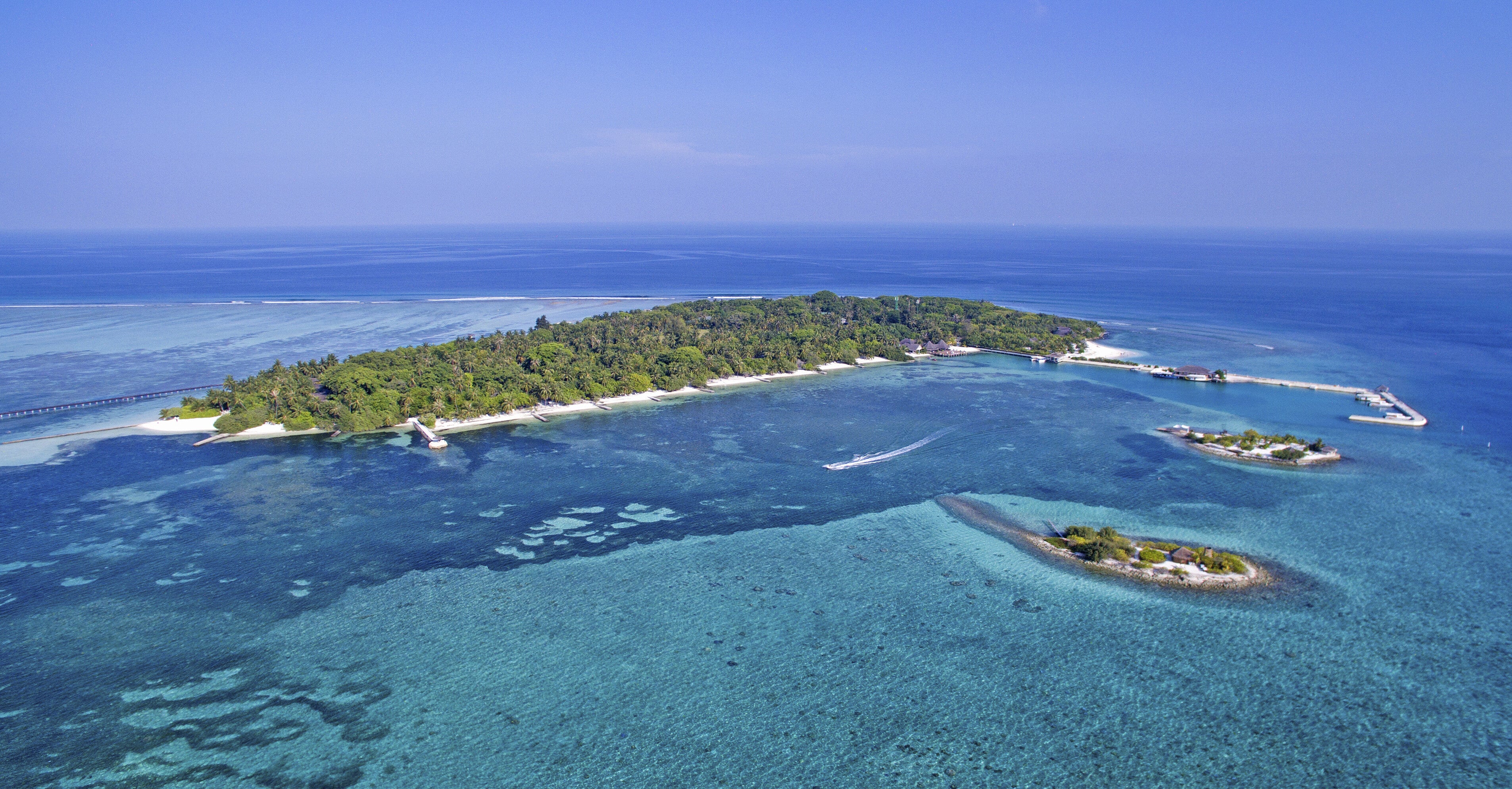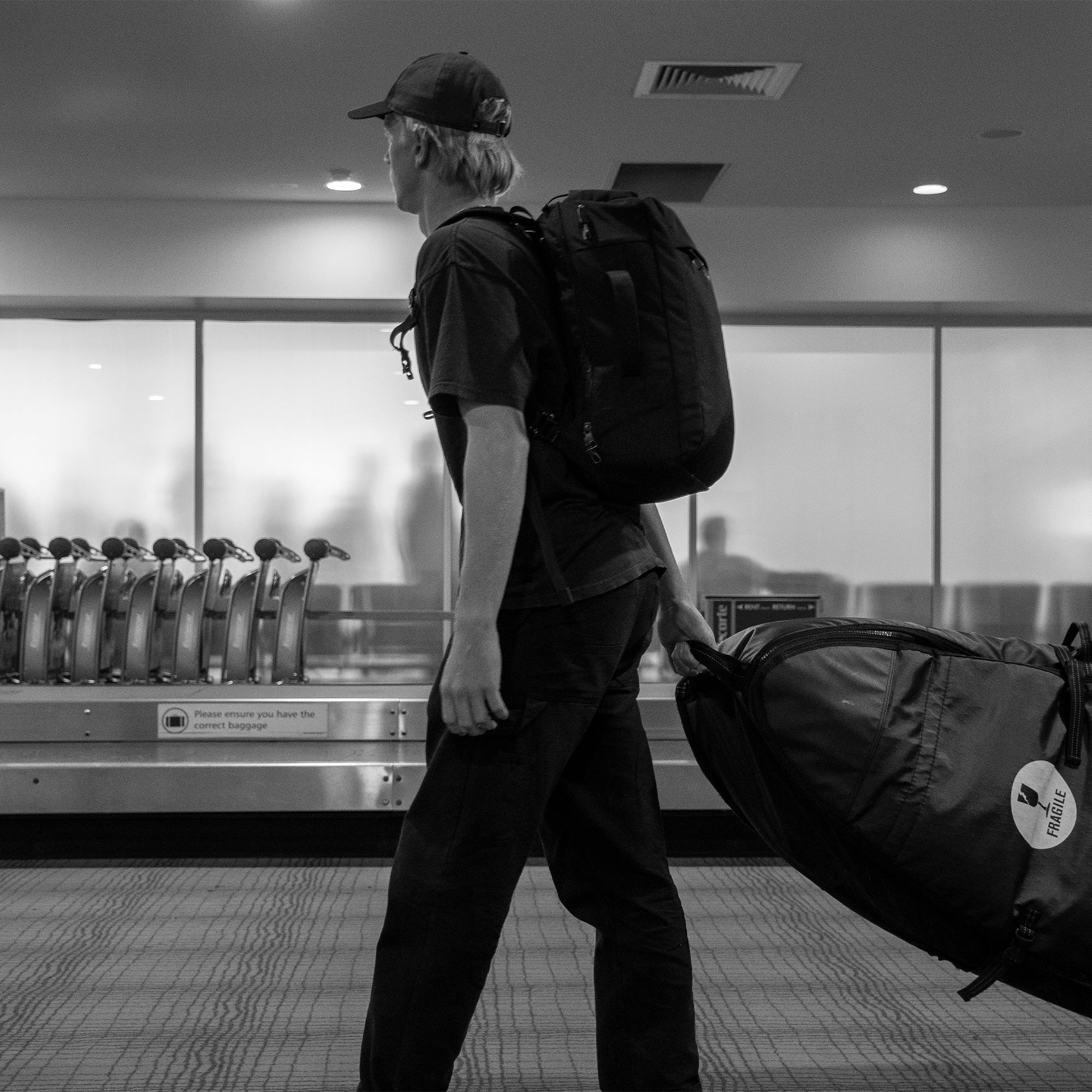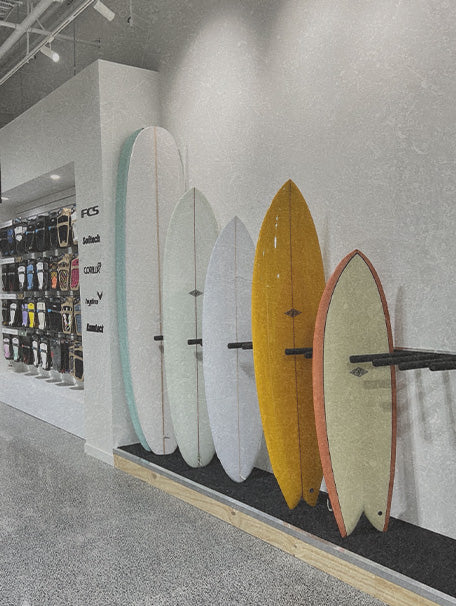On a warm morning in August of 2024 we set off on our bicycles, with surfboards in tow, from a small french village to cycle and surf the Atlantic coastline of France, Spain, Portugal and the west-coast African countries of Morocco, Western Sahara, Mauritania, The Gambia and Senegal. At a time when global events felt overwhelming and deflating, we wanted to move with intention and embrace everything around us. So with a camera each and a microphone, we attempted to record the wisdom of other cultures and customs, the traditional music and life along these faraway shores.
During our travels we heard many stories from locals and learnt some of the hard truths about their daily lives. We heard about a devastating situation where large European and Asian industrial bottom trawlers are illegally emptying the ocean along the west coast of Africa under opaque deals and corrupt licensing systems, leaving traditional fishers unable to sustain their communities.
Partway down the Saharan coastal road, we met two Senegalese men walking slowly along the side of the road carrying only a flimsy plastic bag with some of their life possessions and a bottle, just a quarter full of water. They seemed desperate and told us they were making their way to Europe. In a fishing community called Guet Ndar in St Louis, we met a man named Cheikh, a retired fisherman who told us that his village had resorted to raising sheep on the sandy streets of their homes to supplement their dwindling fishing trade income. We stood beside him looking out to sea as he shared that many young Senegalese in his community had lost their lives at sea, in search of better prospects in Europe.
Fishing is a crucial part of Senegal's economy, providing employment for a large portion of the population and food security for the nation. However this artisanal type of fishing no longer sustains them - a consequence of industrial fishing and overfishing by foreign trawlers in the area.
More than 90% of Senegal’s industrial fishing fleet is comprised of bottom trawlers and most originate from Europe and Asia. They drag massive weighted nets across the seafloor, catching everything in their path and destroying marine ecosystems at the same time. Seeking only a handful of fish species, they discard over 38% of the catch as bycatch, often dead into the ocean. Most of this catch is destined for the mass retail market in Europe and Asia (and as a result, likely ends up on Australia’s supermarket shelves). Now more than 50% of Senegal's fish population is in a state of collapse and it has become an environmental disaster with devastating humanitarian consequences.
In the face of this crisis, many Senegalese are desperate to find work and risk their lives on deadly migration routes to Europe. Many choose the 2,000 km route that takes them to the Canary Islands, the Spanish archipelago off the coast of Morocco. The crossing attempts take twelve to fifteen days in open seas in their wooden fishing boats, with many running out of water, food and sometimes fuel. In 2023, over 3,000 Senegalese lost their lives while attempting their journey and in 2024, over 9,000 died in their search of a better life. Those who make it end up being criminalised by the nations that robbed them of their livelihood in the first place: as so-called illegal immigrants.

THE IMPACT OF IUU FISHING
Illegal, Unreported and Unregulated (IUU) fishing is a global issue and has both environmental and humanitarian consequences. To explain a bit more, IUU fishing includes fishing without a license, under-reporting catch, catching prohibited species, operating with illegal fishing gear, or fishing in marine protected areas or areas reserved for small-scale fishers. According to the Australian Marine Conservation Society, one in five fish caught globally is the product of IUU fishing. IUU fishing harms oceans and is often linked to worker abuse, slavery, and even murder. It’s hard to track because many fisheries operate far offshore and complex supply chains let illegal catch enter the global market. In Australia, we import over 65% of our seafood and our current labelling laws do not provide enough information to identify products of IUU fishing. So without better information, in Australia we can’t actually be sure if our seafood comes from legal or ethical sources.
WHAT WE HAVE SINCE LEARNT
What we had witnessed in Senegal impacted us and we couldn’t just note it down as a sad memory in our journals and move on to the next thing. Returning home, it was constantly on our minds and we wanted to learn more. In our research we read books (like The Outlaw Ocean by Ian Urbina), we came across media releases and articlesexplaining the situation, and read about the need for continued fishing law reforms in Australia. We also learnt about a small but impact-focused organisation called the Environmental Justice Foundation (EJF) who have been doing some incredible work to combat IUU fishing in West Africa.
WE ARE GOING BACK
In January 2026 we will return to where we finished our last trip in Senegal, and attempt to ride and surf another 8,000 km through Guinea-Bissau, Guinea, Sierra Leone, Liberia, Ivory Coast, Ghana, Togo, Benin and hopefully onwards to South Africa, via Angola & Namibia if all goes to plan.
If we have the luxury to enjoy nature and these cultures, then we are also responsible to defend them. So here we are ready to take on our next challenge of riding the remainder of West Africa and to take action at the same time - we are proud to support the Environmental Justice Foundation (EJF) and their work to combat Illegal, Unreported and Unregulated (IUU) fishing along the West Coast of Africa. EJF work on international matters to protect the natural world and defend our basic human right to a secure environment. They create impactful reports, films and investigations to target decision makers and work to change laws and policies, while offering training and community support to empower local environmental defenders and strengthen the global call for change. It is a large amount of money, but we are determined to raise $20,000 AUD. The money we raise will directly help EJF's surveillance programme in West Africa, which enables coastal communities and artisanal fishermen to use simple GPS cameras and drones to document and report trawlers operating illegally in areas reserved for artisanal use.
We understand that donating money might not suit everyone right now, so we appreciate you taking the time to read our note and learn about IUU fishing. However if you are in a position to do so, you can donate to EJF via our donation page and know that you will be making a real and positive difference to people like Cheikh in Senegal, to protecting our oceans and the millions of other people who are dependent on them.
Please note that the funds raised here are strictly for the use by the Environmental Justice Foundation and will not be used in any means for our personal travels.
To share a quote from a man we recently met on our travels in Alaska - Mike Libecki: ‘We might not change the world, but we can change their world’.

A FINAL THOUGHT… AND OUR FILM
We certainly don’t want to be preachy and pretend to be experts, but we do want to help make a difference in some way. Since starting our trip two years ago, we have started to understand that our actions at home have an impact on some of the most vulnerable communities that are so far away from the comfort of our western world. Seeing it all with our own eyes lit a fire in our bellies. If you have any suggestions, ideas or expertise in the art of raising money for a good cause, please feel free to share them with us.
And finally, we would love to share our little travel adventure film, Niokobokk, which is about what we witnessed on our eight month, 8,000km trip from France to Senegal.

